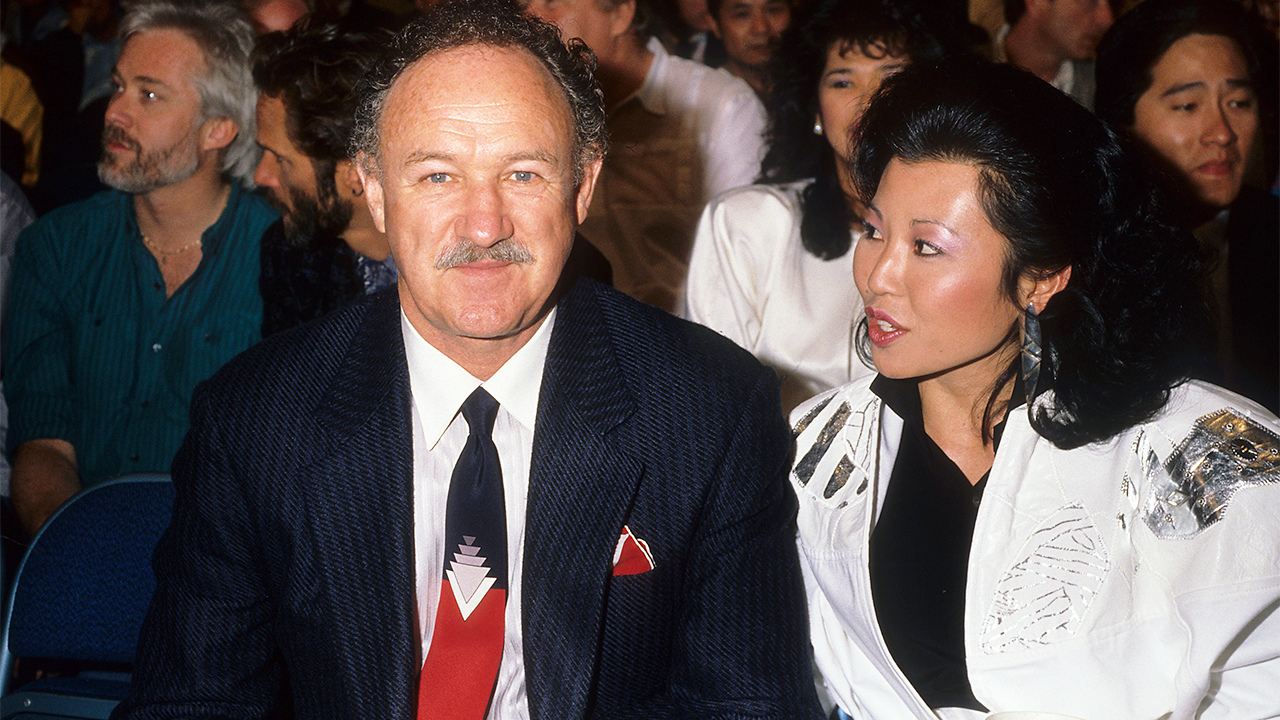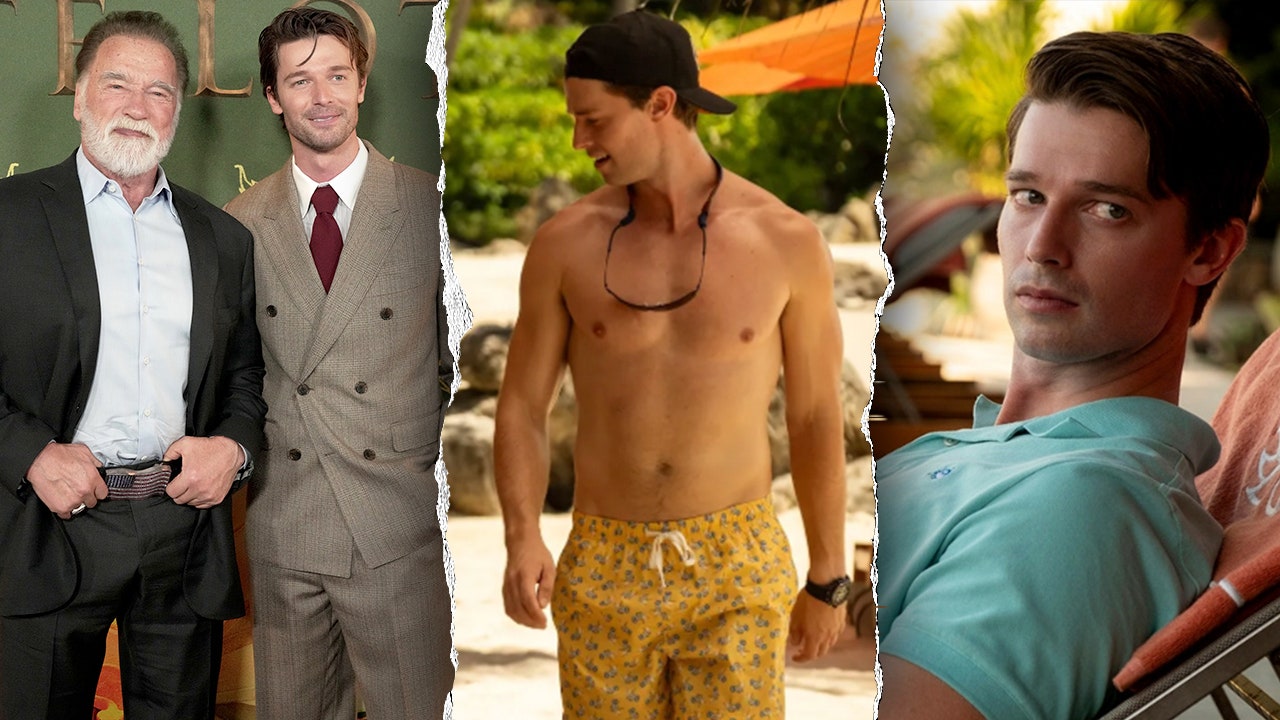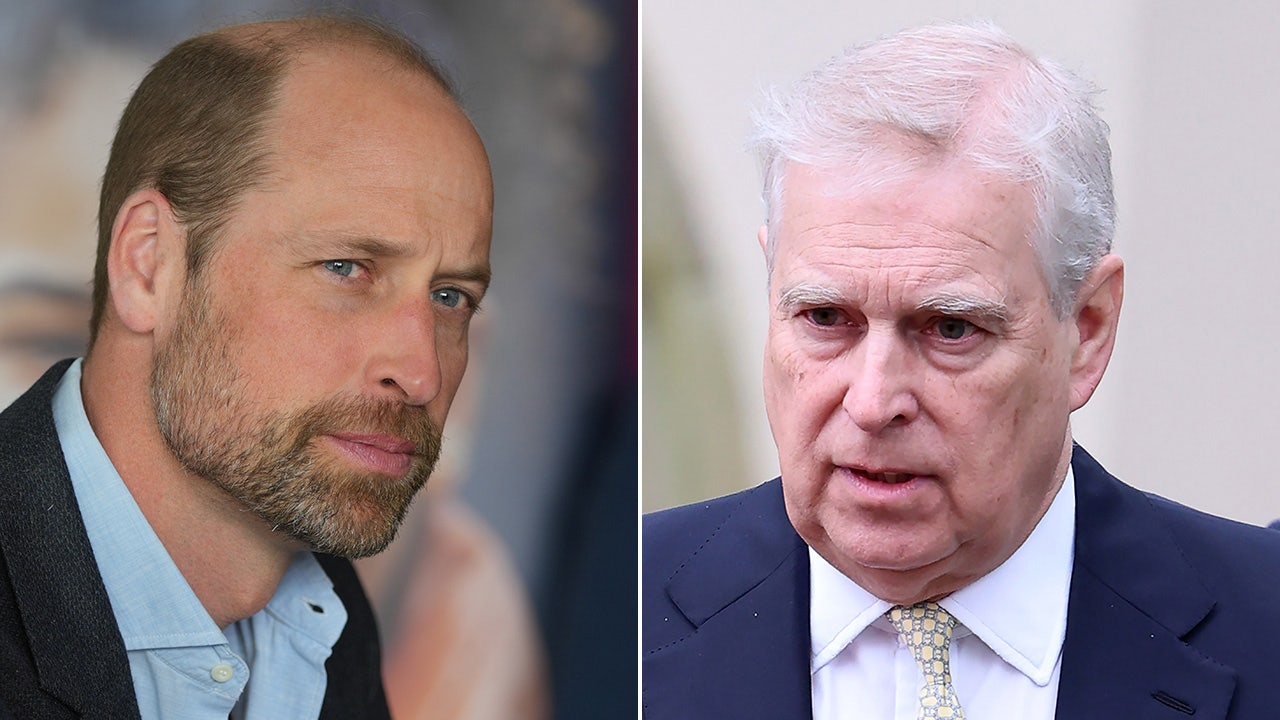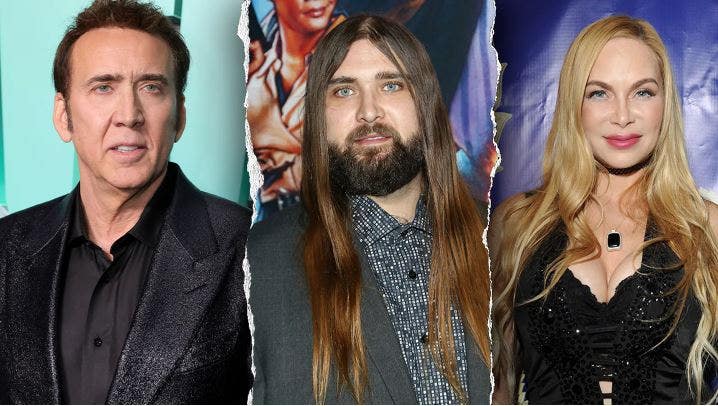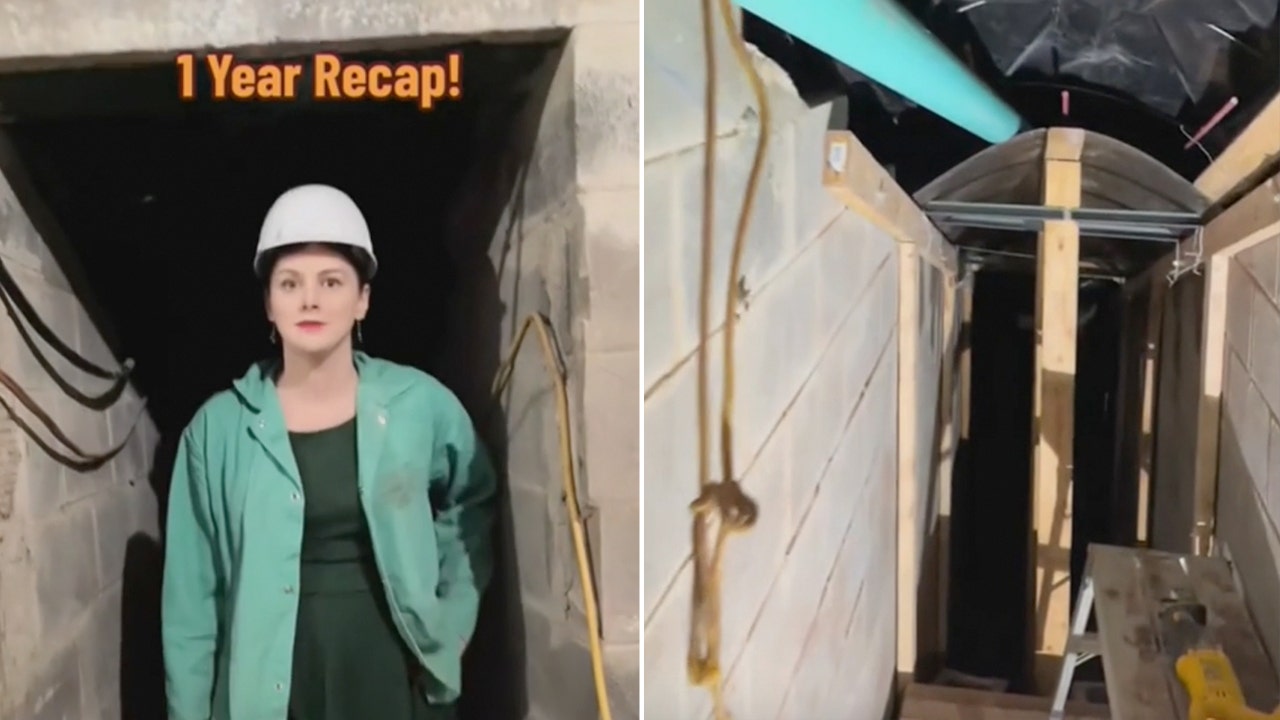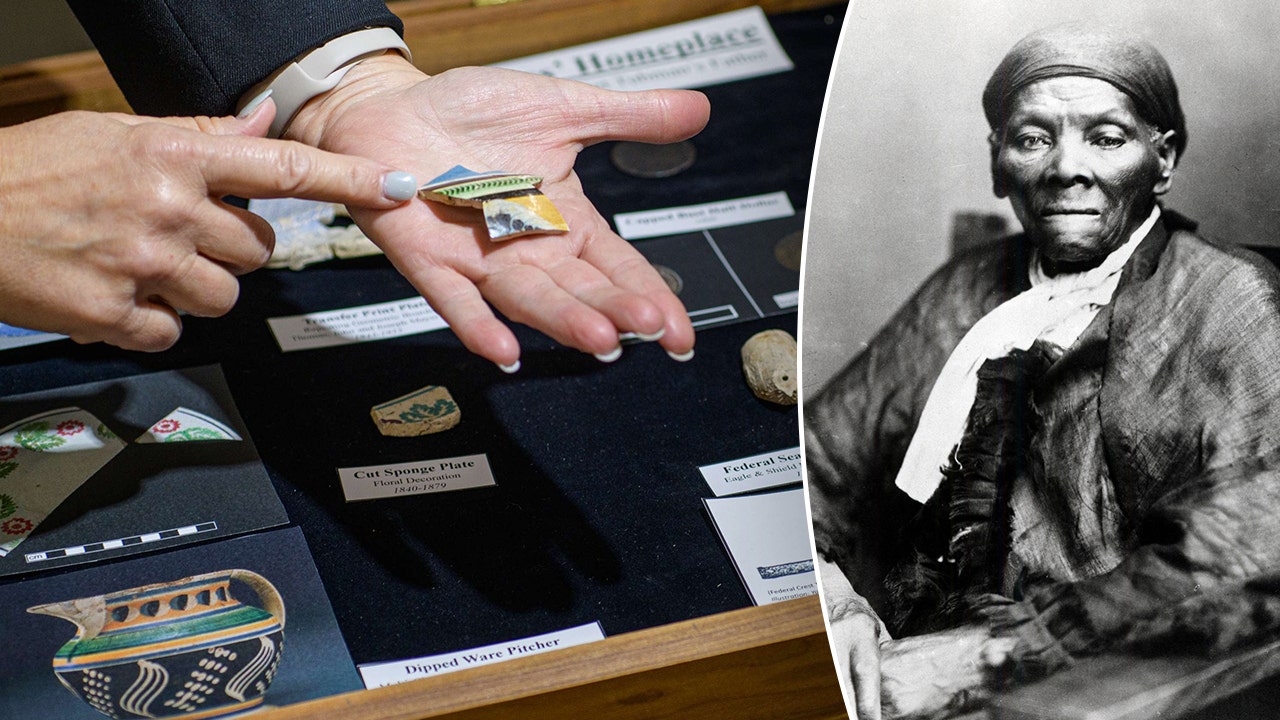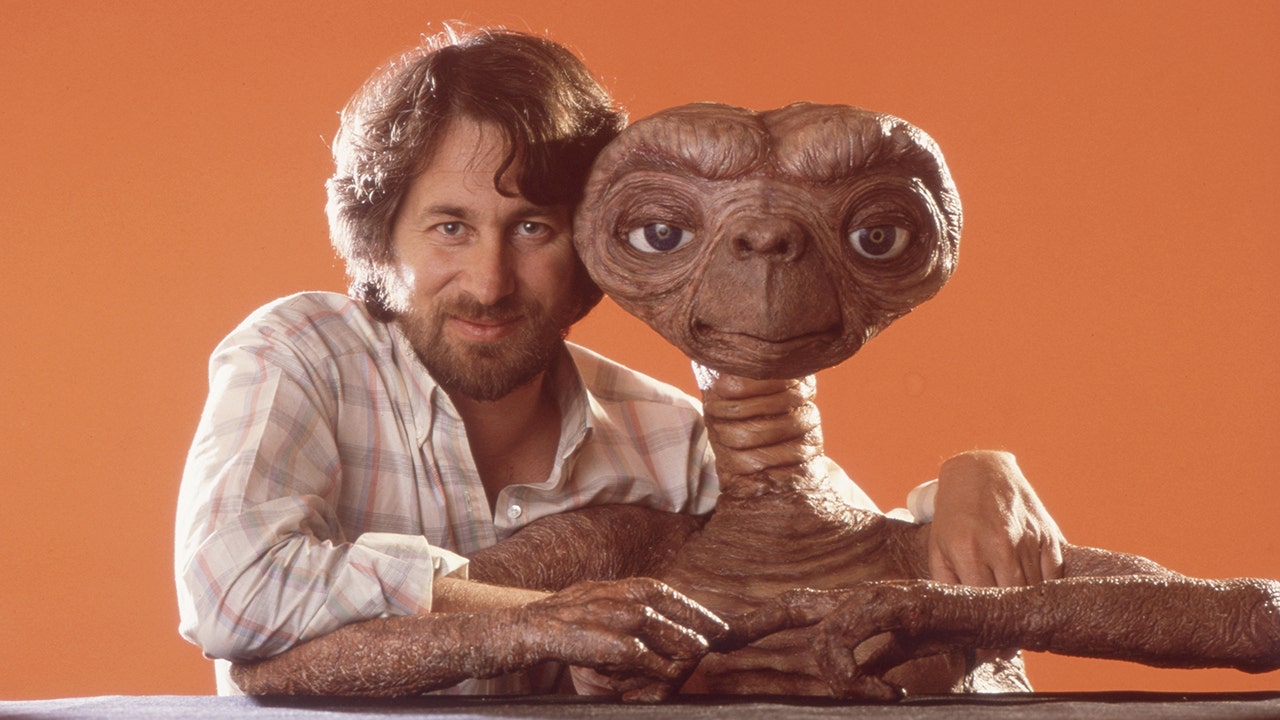Steven Spielberg struck down an ‘E.T.’ sequel back when he “didn’t have any rights,” a confession that resurfaced during a candid exchange at the TCM Classic Film Festival: New York Pop-Up x 92NY with actress Drew Barrymore.
“I just did not want to make a sequel,” the esteemed director remarked, reflecting on years filled with both triumph and restraint. The Hollywood legend turned briefly towards the past, acknowledging a fleeting curiosity about crafting a new narrative that could expand the original’s universe.
He mused over the lure of a book titled ‘The Green Planet,’ penned by William Kotzwinkle in 1985, which ventured into E.T.’s extraterrestrial homeland. “We were all going to be able to go to E.T.’s home and see how E.T. lived,” Spielberg recalled, wistfulness lacing his voice. Yet, he concluded the novel’s contribution was more suited as literature than celluloid. In this moment, the director revealed an important truth: some tales are best left untouched, preserved like a cherished artifact.
During the early discussions of a sequel, Spielberg found himself in a position of limited influence as a burgeoning filmmaker. “That was a real hard-fought victory because I didn’t have any rights,” he explained, evoking a sense of vulnerability seldom seen in such a powerful figure. His evolution in the industry eventually granted him a shield—the “freeze” that allowed him to guard his creations fiercely.
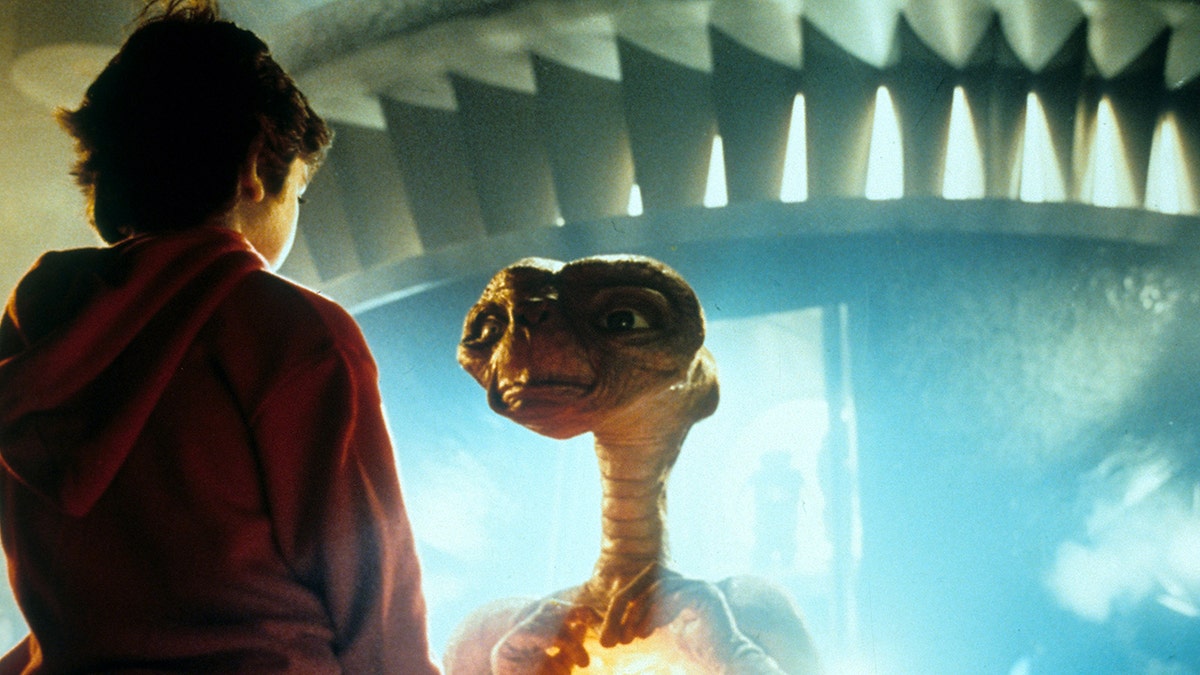
Barrymore, who portrayed the iconic Gertie, remembered those formative years with clarity. “I remember you saying, ‘We are not making a sequel to ‘E.T.’,” she shared, a hint of nostalgia igniting her tone. For an eight-year-old, such decisions might seem disappointing, but she understood. “Where do we go from here? They’re just going to compare it to the first and leave something that’s perfect alone.” Her words resonated as they navigated the complexities of legacy versus expectation.
Inside the intimate setting of 92Y’s Kaufman Concert Hall, Spielberg offered an unwavering commitment to that original film. “I have no intention ever of seeing E.T. anywhere outside this proscenium,” he declared, a vow that echoes through time, promising that certain memories will forever remain untarnished.
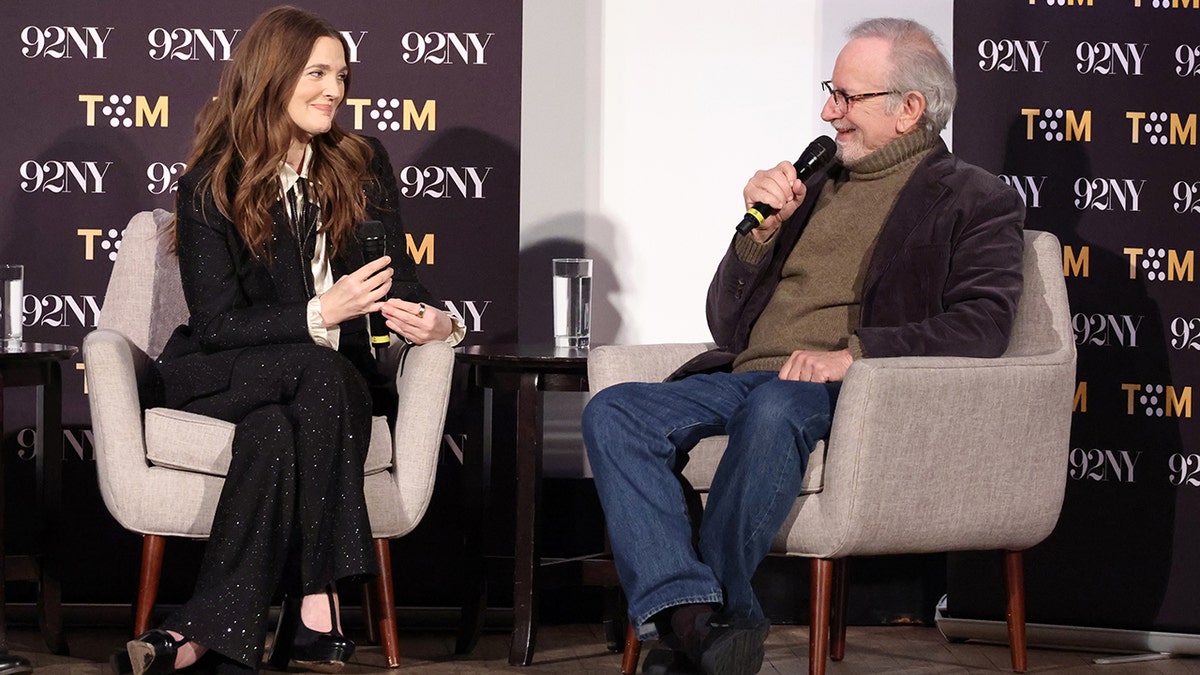
Reflecting on his monumental film, once the highest-grossing feature in history, Spielberg shared candid revelations about changes made during the 2002 re-release. “I digitized 5 shots where ‘E.T.’ went from being a puppet to a digital puppet,” he admitted, a blend of remorse and realization coloring his narrative. That experience became a lasting lesson; the backlash demonstrated how audiences hold their cherished stories close, protecting them fiercely against alteration.
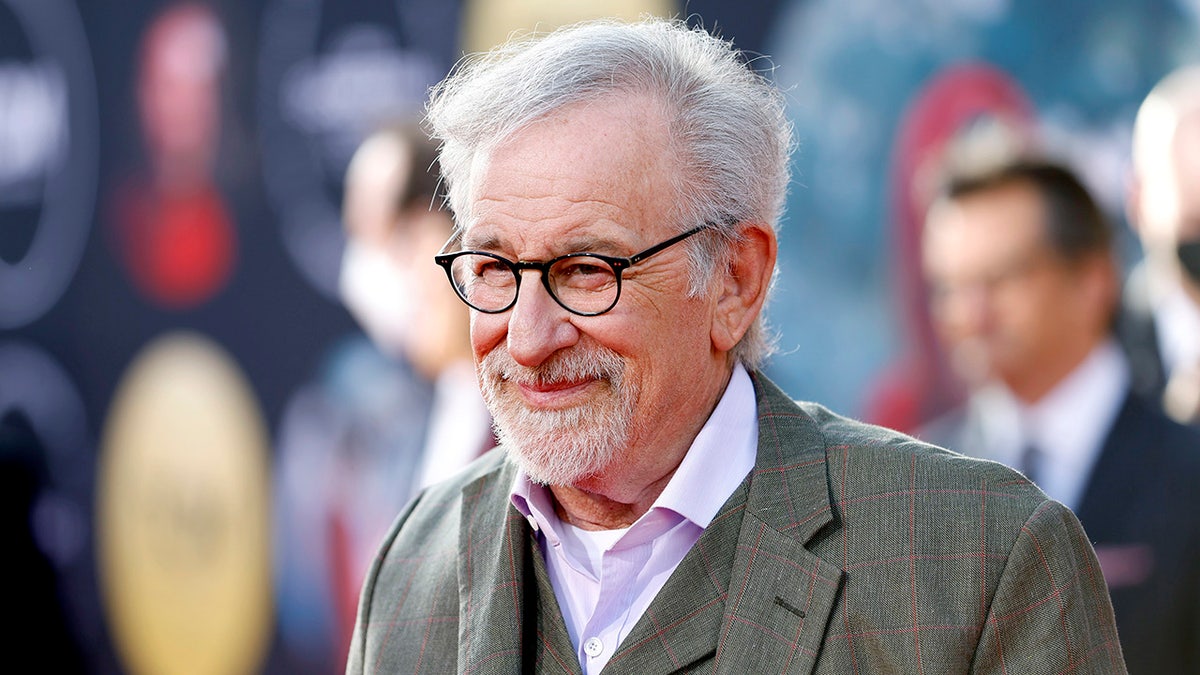
Ultimately, the weight of nostalgia and the burden of creativity intertwine within Spielberg’s journey. As he reflects on choices made and unmade, he has come to embrace a profound truth: What once was, remains as it should. With each passing year, the magic of ‘E.T.’ endures, an evolving story within the hearts of its viewers, forever untouched, a glowing beacon of childhood wonder.


























